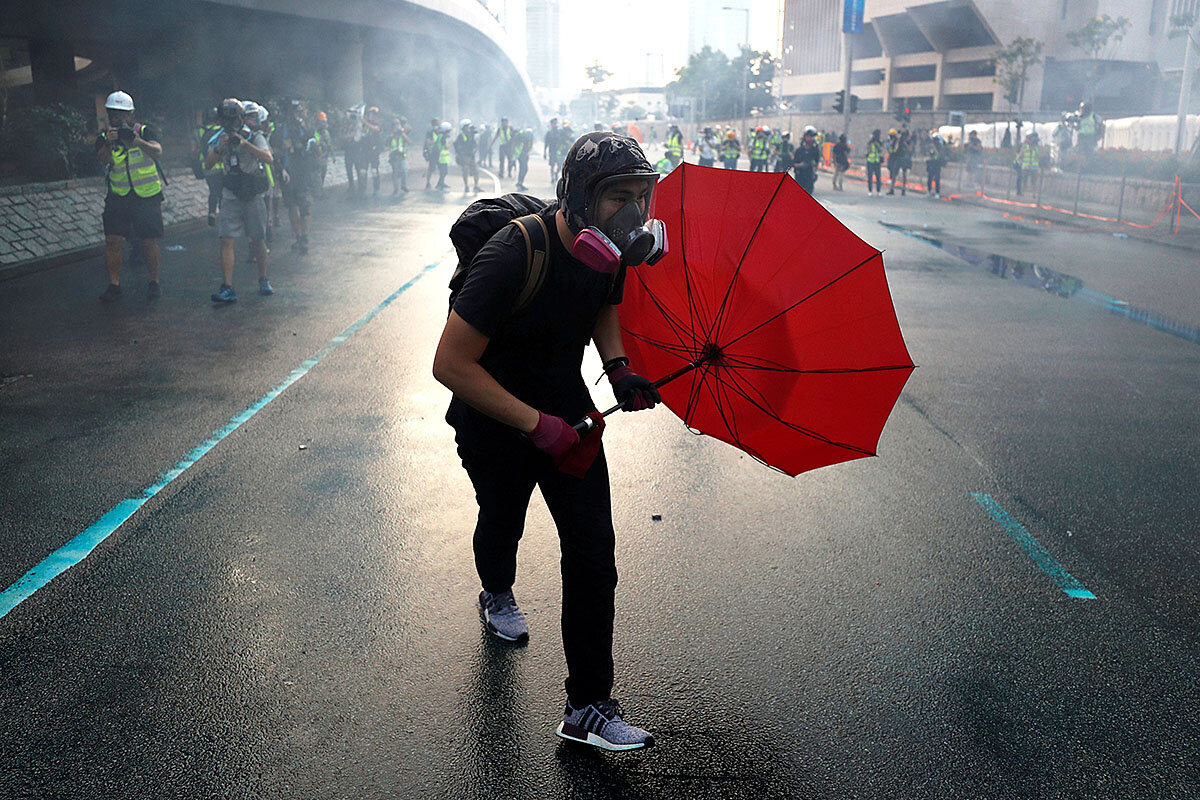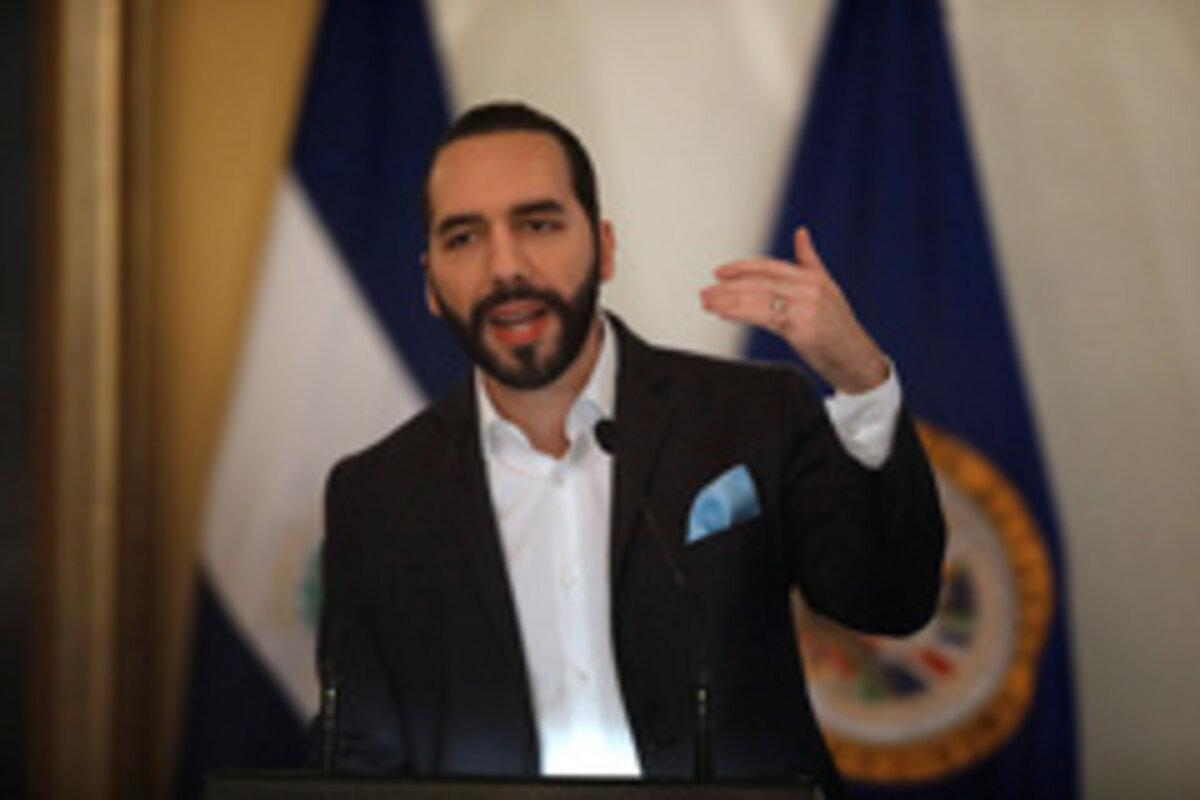As Beijing watches Hong Kong’s protests, what does it see? In part, a threat to the Communist Party’s – and China's – hard-won image of stability.
Monitor Daily Podcast
- Follow us:
- Apple Podcasts
- Spotify
- RSS Feed
- Download
 David Clark Scott
David Clark Scott
In today’s issue, our five hand-picked stories cover the rising stakes for stability in Hong Kong, new views on diplomatic progress, lessons from Hawaii on renewable energy, a new balance between privacy and accuracy in the U.S. census, and our 10 best books of September.
First, I’ve never giggled more while researching a topic.
After 24 years, cartoonist Gary Larson may be coming out of retirement. On Friday, “The Far Side” website was suddenly updated with a new cartoon of a cow frozen in a block of ice. The caption: “Uncommon, unreal, and (soon-to-be) unfrozen. A new online era of ‘The Far Side’ is coming!”
“Far Side” fans are giddy. From 1980 to 1995, Mr. Larson’s daily cartoon appeared in newspapers around the United States. His comic genius revolved around sardonic, silly, and sometimes macabrely twisted views on life. His cast often included anthropomorphized cows, dinosaurs, and multieyed aliens. Oh yes, and beehive hairdo ladies.
One of my favorites: A dog hypnotically whispering outside the bedroom window of two sleeping humans: “Puuuut the caaaaaat ouuuuuuut ... Puuuut the caaaaaat ouuuuuuuuut ...”
Arguably, more apolitical humor would be welcome. In the past year, The New York Times stopped doing political cartoons. Recently, anti-Trump cartoonists working for publications in Pittsburgh and Canada have been fired. In this era of political divisiveness, here’s something that could delightfully unite us in a good guffaw.
Unless this is an epic Larson practical joke, I’m eagerly anticipating a fresh supply of hilarity with hoofs.










